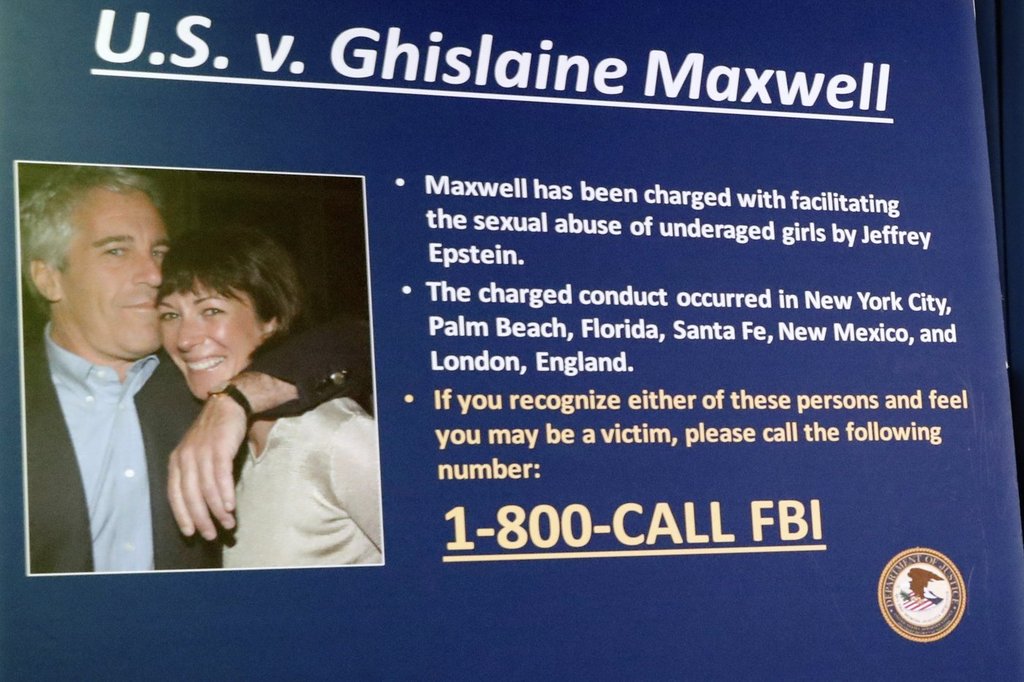World
Judge Rejects Unsealing of Epstein Grand Jury Transcripts

A judge in New York has denied the Justice Department’s request to unseal the grand jury transcripts related to the indictment of Jeffrey Epstein. This decision, made on October 25, 2023, maintains the confidentiality of the proceedings that led to Epstein’s charges.
The motion to unseal the transcripts was filed as part of an ongoing effort by the Department to provide greater transparency surrounding Epstein’s case. Epstein, a financier with powerful connections, was arrested in July 2019 on federal charges of sex trafficking minors. He died in his jail cell a month later, his death ruled a suicide, which sparked further investigations and public scrutiny.
The U.S. District Court for the Southern District of New York determined that the transcripts should remain sealed, citing the need to protect the privacy of individuals involved in the case. Legal experts have noted that grand jury proceedings are typically kept confidential to encourage witnesses to speak freely without fear of public backlash.
The Justice Department’s attempt to unseal the records was part of a broader initiative to re-examine the circumstances surrounding Epstein’s life and death. This includes analyzing the roles of various individuals and institutions connected to him, as well as the legal processes that permitted his earlier release on bail in 2008 after a controversial plea deal.
The refusal to disclose the grand jury transcripts comes amid ongoing public demand for accountability in high-profile cases involving sexual abuse and trafficking. Activists have long argued for increased transparency in judicial proceedings related to such serious allegations.
This ruling is likely to fuel further debate over the handling of Epstein’s case and the broader implications for justice in similar situations. The case remains a focal point for discussions surrounding power dynamics, sexual exploitation, and the legal system’s response to such crimes.
As the public continues to seek clarity on this matter, the decision emphasizes the complexities of balancing transparency with the rights of individuals within the legal process. The ramifications of this ruling may extend beyond this singular case, influencing how future grand jury proceedings are treated in the public eye.
-

 Politics4 weeks ago
Politics4 weeks agoSecwepemc First Nation Seeks Aboriginal Title Over Kamloops Area
-

 World5 months ago
World5 months agoScientists Unearth Ancient Antarctic Ice to Unlock Climate Secrets
-

 Entertainment5 months ago
Entertainment5 months agoTrump and McCormick to Announce $70 Billion Energy Investments
-

 Science5 months ago
Science5 months agoFour Astronauts Return to Earth After International Space Station Mission
-

 Lifestyle5 months ago
Lifestyle5 months agoTransLink Launches Food Truck Program to Boost Revenue in Vancouver
-

 Technology3 months ago
Technology3 months agoApple Notes Enhances Functionality with Markdown Support in macOS 26
-

 Lifestyle3 months ago
Lifestyle3 months agoManitoba’s Burger Champion Shines Again Amid Dining Innovations
-

 Top Stories2 months ago
Top Stories2 months agoUrgent Update: Fatal Crash on Highway 99 Claims Life of Pitt Meadows Man
-

 Politics4 months ago
Politics4 months agoUkrainian Tennis Star Elina Svitolina Faces Death Threats Online
-

 Sports5 months ago
Sports5 months agoSearch Underway for Missing Hunter Amid Hokkaido Bear Emergency
-

 Politics5 months ago
Politics5 months agoCarney Engages First Nations Leaders at Development Law Summit
-

 Technology5 months ago
Technology5 months agoFrosthaven Launches Early Access on July 31, 2025


















